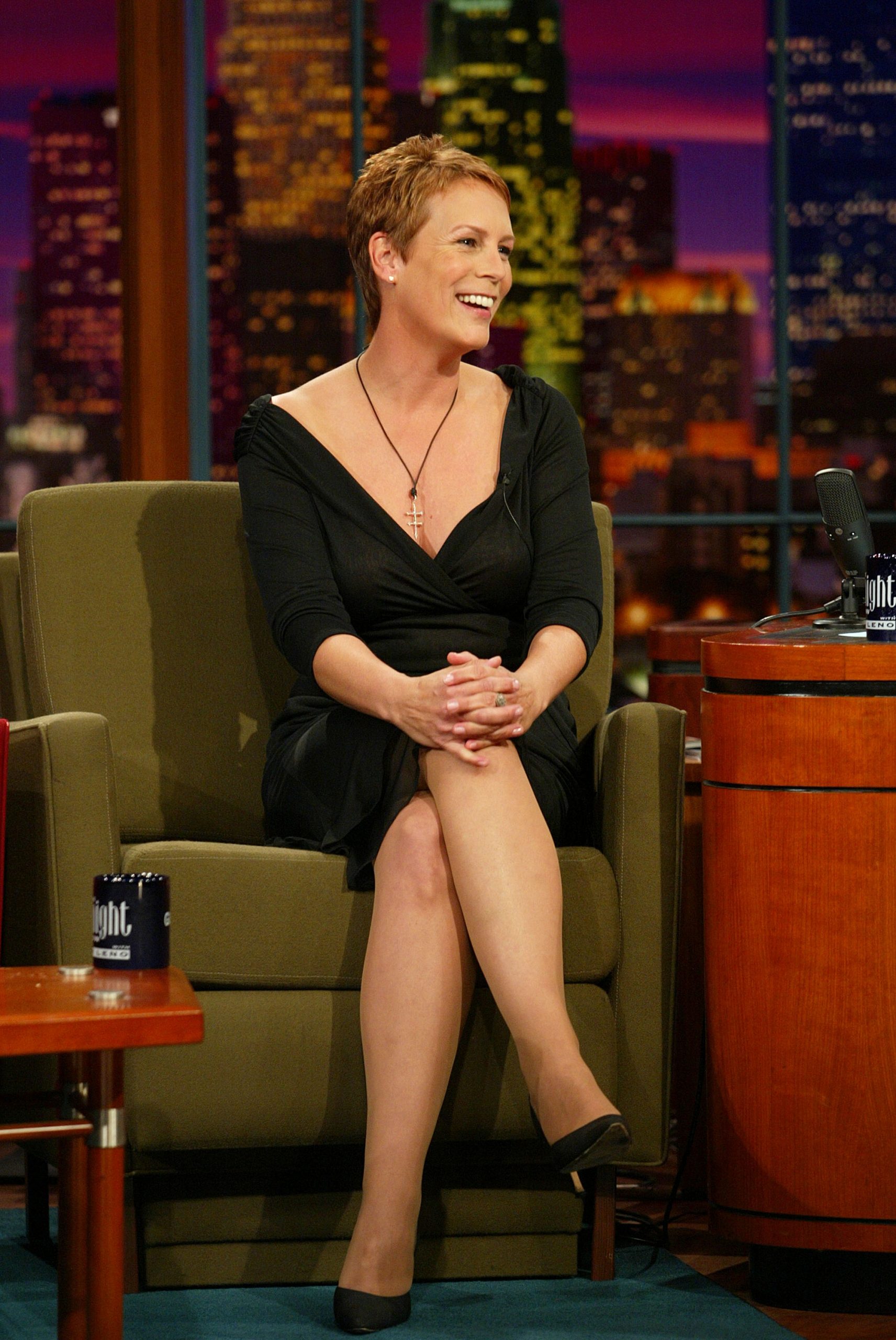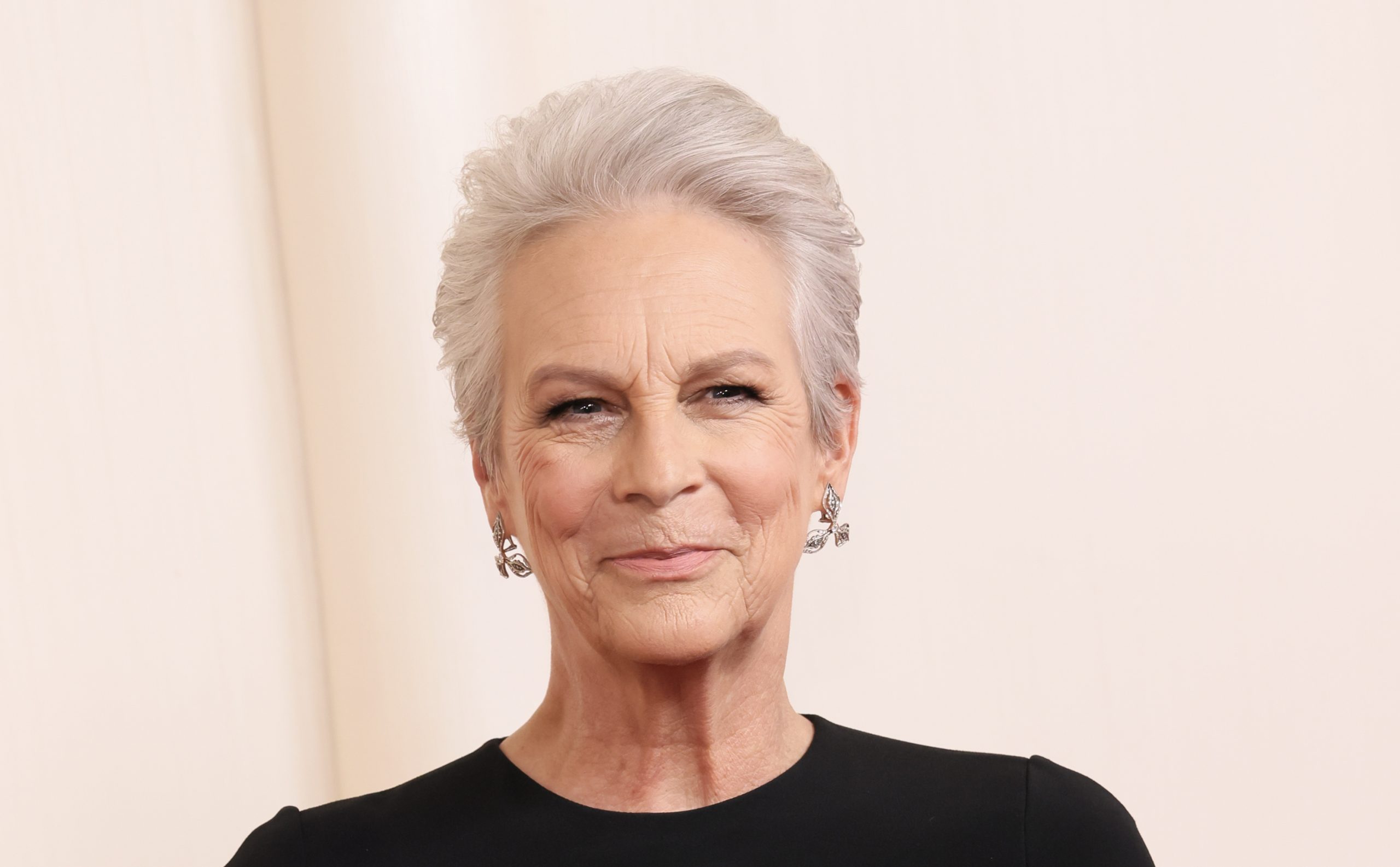How a Near-Diagnosis Impacts You Emotionally
- Actress Jamie Lee Curtis once experienced a breast cancer scare after discovering a lump on her breast. A biopsy later revealed the mass was benign. Nevertheless, the harrowing experience of possibly having breast cancer put early detection and cancer screenings at the top of mind for her.
- The U.S. Preventive Services Task Force recommends women begin screening for breast cancer at age 40.
- Women with a strong family history of breast cancer, have dense breasts, have a genetic mutation known to increase the risk of breast cancer, such as a BRCA gene mutation, or a medical history, including chest radiation therapy before age 30, are considered at higher risk for breast cancer.
- While mammograms are extremely valuable for breast cancer screening, more effective screening methods like 3D mammograms and breast ultrasounds are highly recommended for women with dense breasts where fatty tissue is harder to see through on imaging scans.
- A breast cancer diagnosis can spawn a flurry of emotions and impact your mental health. To help manage your mental health while coping with a diagnosis, some helpful tips include leaning on your support group, journaling, and/or seeking a mental health professional.
At 65, actress Jamie Lee Curtis, renowned for her roles in films like 1983’s ‘Trading Places’ and ‘Anything But Love,’ reveals a pivotal breast cancer scare that reshaped her views on cancer awareness and prevention.
“My memory of it was the waiting in that room for the diagnosis…[and]…feeling so alone,” Curtis told Baylor Scott and White Health.

Further testing found the lump to be benign. Although the actress dodged a bullet, the possibility of cancer stuck with her.
“Everything turned out fine, but it brought me very close to understanding how lucky I am to have access to all these resources and great doctors,” she said.

“With breast cancer, it’s the concentric circle in our lives. There is not any place I could go in the world and not make contact immediately with either someone recovering from breast cancer, or undergoing treatment, or they have a sister or mother connected to breast cancer,” Curtis said.
Curtis has become a staunch advocate for cancer awareness and early detection since her cancer scare.
“For me, there is no more important work – besides being a good mom to my kids – than using my celebrity to get more exposure for a specific cause such as this,” Curtis said.
Helping Patients Cope with a Breast Cancer Diagnosis
Breast Cancer Screenings
Mammograms are used to screen for breast cancer. Women who haven’t gone through menopause are encouraged to get a mammogram annually between the ages of 45 and 54. If you have experienced menopause, you can get a mammogram every two years.
“We know that cancers grow more rapidly in our younger patients, and having that annual mammogram can be lifesaving,” Dr. Connie Lehman, a professor at Harvard Medical School, told SurvivorNet.
WATCH: Getting a mammogram.
The U.S. Preventive Services Task Force recommends women begin screening for breast cancer at age 40. Women should talk with their doctor to learn about their cancer risk and assess when a good time is to start annual mammograms.
“We all agree regular screening mammography saves lives,” Dr. Lehman said.
Women with a strong family history of breast cancer, have dense breasts, have a genetic mutation known to increase the risk of breast cancer, such as a BRCA gene mutation, or a medical history, including chest radiation therapy before age 30, are considered at higher risk for breast cancer.
WATCH: Understanding the BRCA gene mutation
Experiencing menstruation at an early age (before 12) or having dense breasts can also put you into a high-risk category. If you are at a higher risk for developing breast cancer, you should begin screening earlier.
Breast density is determined through mammograms. However, women with dense breasts are at a higher risk for developing breast cancer because dense breast tissue can mask potential cancer during screening. 3D mammograms, breast ultrasound, breast MRI, and molecular breast imaging are options for women with dense breasts for a more precise screening. It is important to ask your doctor about your breast density and cancer risk.
If You Have Dense Breasts, You Should Ask About Enhanced Screening
Women with dense breasts should get additional screening to supplement their mammograms. Dense breasts mean more fibro glandular tissue and less fatty breast tissue exists.
The dense tissue has a “masking effect on how well we can perceive cancer and find cancer on mammograms,” Dr. Cindy Ly, a radiology doctor at NYU Langone Medical Center, told SurvivorNet.
WATCH: Mammography for Dense Breast
Glandular tissue within dense breasts appears white on mammograms, which can help mask potential cancer. The “frosted glass” effect from the glandular tissue can thus mask cancerous areas, especially developing ones. Undetected, these cancers can progress, growing large and advanced. They will then likely require more intensive treatments to cure or can become incurable altogether.
Help Coping With a Breast Cancer Diagnosis
If you are facing a breast cancer diagnosis, your emotions are likely to run high, which is completely normal. Psychiatrist Dr. Lori Plutchik says emotions are often fluid when coping with a diagnosis.
“The patient or person going through the stressful event should accept that emotions will be fluid. You may feel fine one day and then feel a massive wave of stress the next. It’s also important for those you look to for support, whether that’s a therapist, friends, and family, or both, to understand the fluidity of stress-related emotions,” Dr. Plutchik said.
WATCH: How to cope with complex and changing emotions.
If a stressful event affects how you think and feel, it may be time to seek mental health treatment. This could mean traditional talk therapy, medication, changing lifestyle habits (like exercise and diet), seeking a support group, or many other approaches.
Dr. Comen has some helpful tips for women needing a little extra help coping with a breast cancer diagnosis.
- Let your family and close friends know and let them help. So many cancer survivors tell us they want and need support but are often too preoccupied to make specific requests. Urge those close to you to jump in with whatever practical help they can offer.
- Keep a journal. It can be highly cathartic to let those feelings loose on paper. Grab a pen and a lovely journal and chronicle your thoughts throughout the day.
- Join a cancer support group. Groups are available in nearly every community and offer opportunities to connect with others going through a similar journey. You’ll learn constructive insight from others who can tell you what to expect and how to stay strong on tough days.
- Consider seeing a therapist. Ask your doctor to refer you to a therapist so you can discuss your fears and concerns in a safe space. Often, vocalizing your thoughts and feelings rather than internalizing them can provide relief.
Questions for Your Doctor
If you have a breast cancer screening coming up or recently had one, you may have questions you want answered. SurvivorNet suggests the following questions to kickstart your conversation with your doctor.
- Do my mammogram results indicate I have breast cancer, or am I at higher risk?
- If I’m at higher risk, what are my treatment options?
- What side effects should I expect related to my treatment?
- How much will this diagnosis prevent me from working or fulfilling my daily activities?
- Will insurance cover my breast cancer screening, or are there other financial resources available?
Learn more about SurvivorNet's rigorous medical review process.

